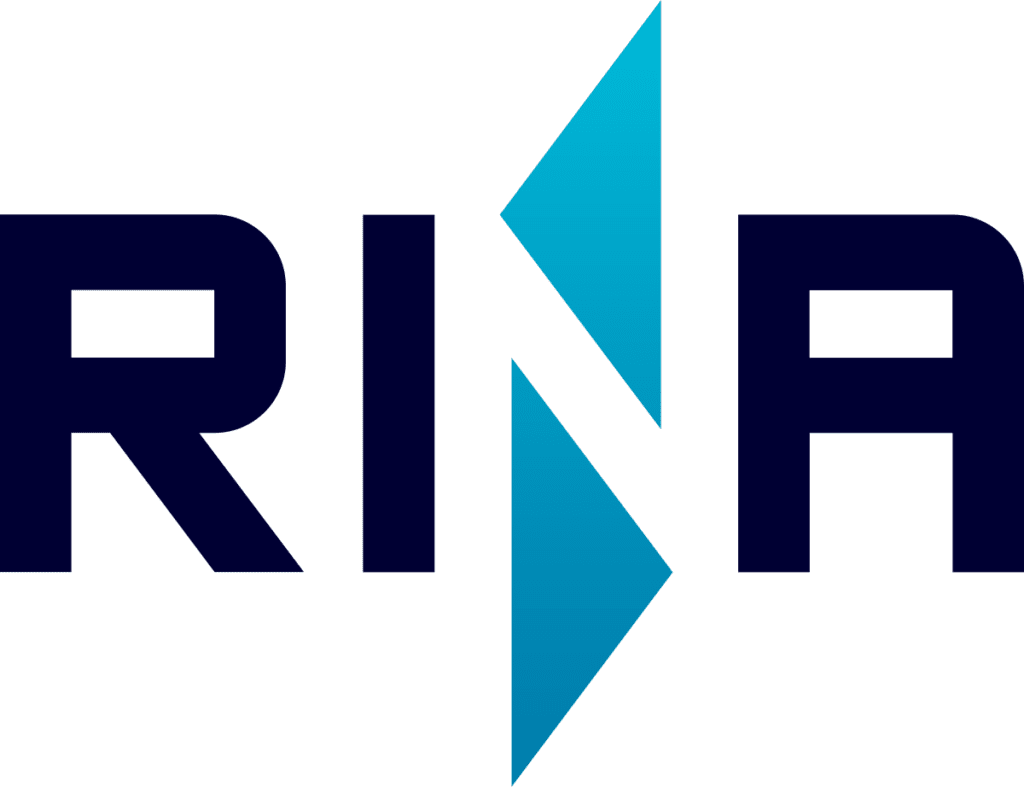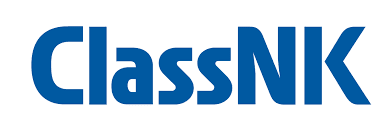
- [List items]
How you'll benefit from working with us for your [Service]

Why you need [Service]?
[Why you need service Description]
Still have questions whether or not [Service] is required for your vessel?
[Why you need service Expanded]
How to get [Service] now
That’s simple: secure your [Service] now by simply sending us an e-mail, whatsapp, or calling our team. Our qualified pool of in-house inspectors can board your good vessel in one of the main shipping seaports around the globe. Even when you’re in a hurry, we can help you.
VPC, trusted all over the world
We are Control Union Vessel Performance Centre B.V. (VPC). We are part of Royal Peterson and Control Union. Our VPC offers vessel compliance and performance solutions to shipping. We deliver our services globally under a single quality system, through our network of Control Union offices. Our central team of experts is your single point of contact for our global services.
[Why VPC can be trusted to deliver this service]
More about VPC or Peterson and Control Union?







